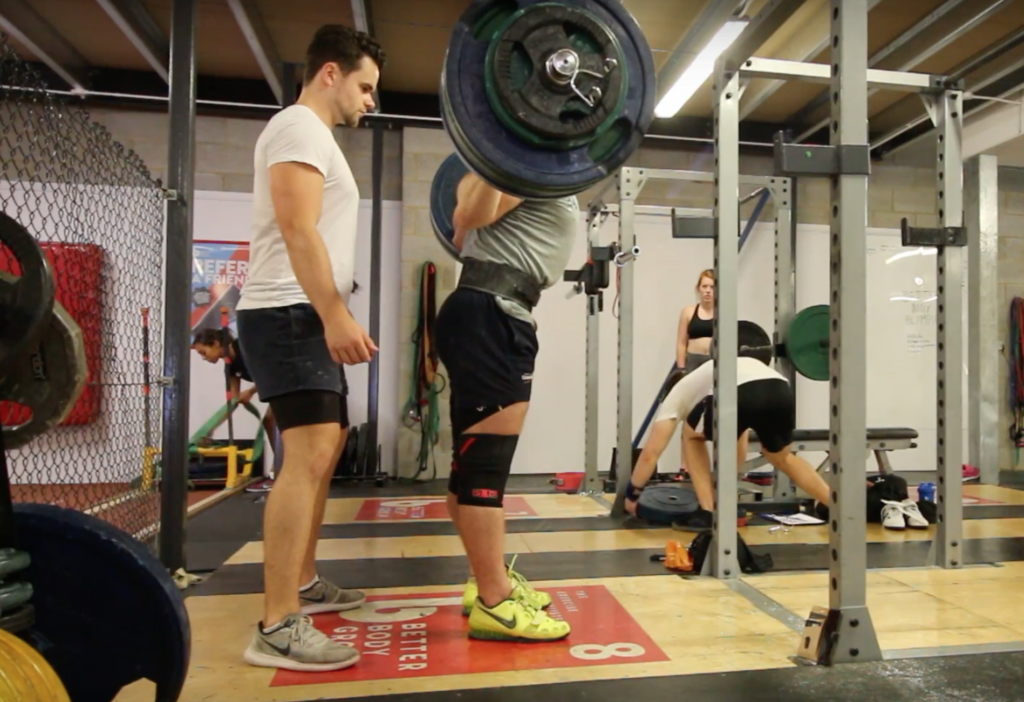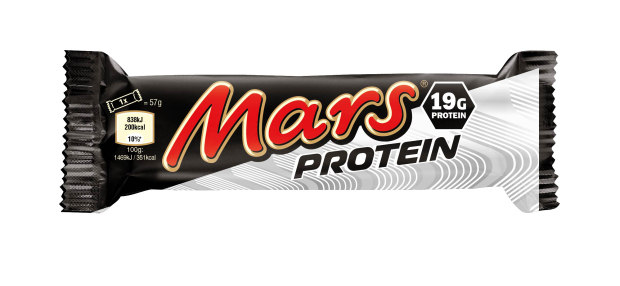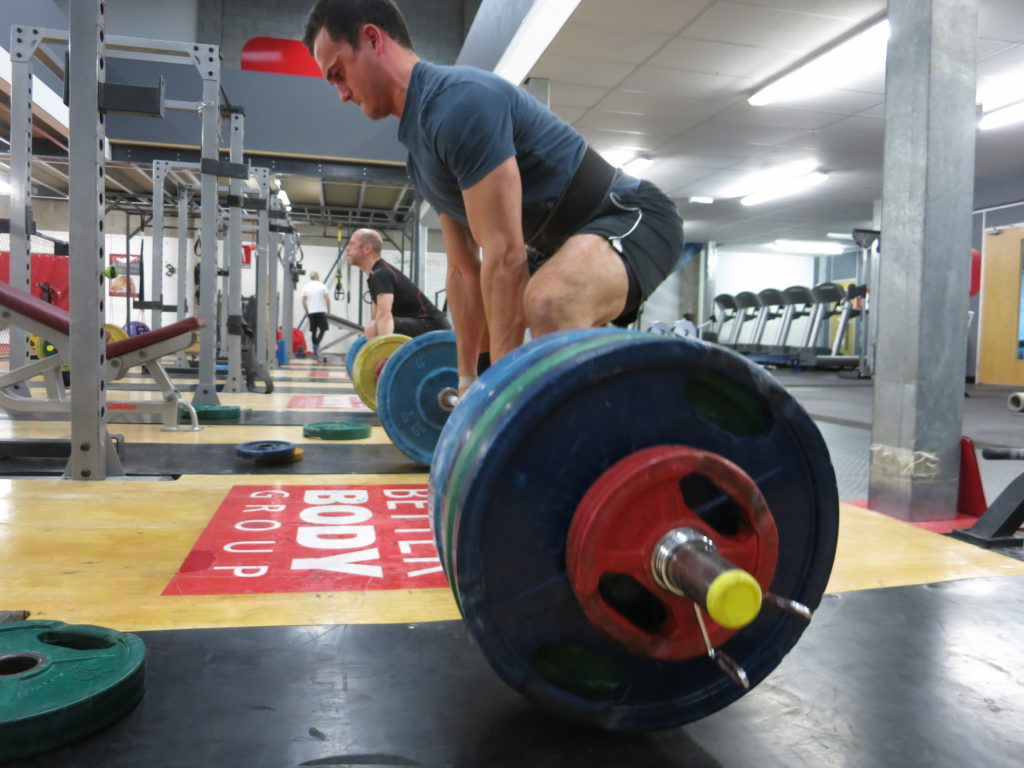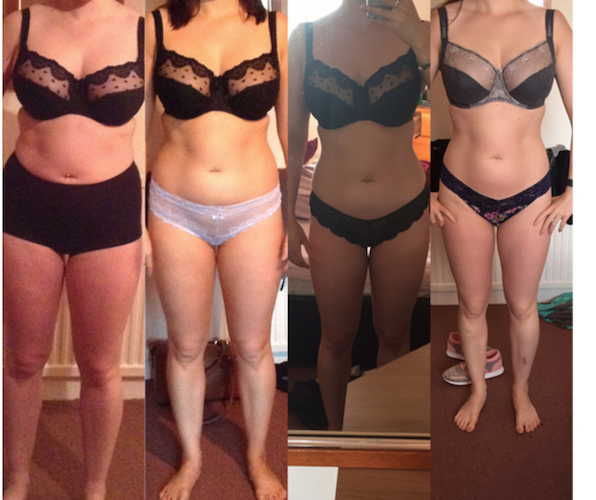A Quick Guide to Vegetarian and Vegan Diets: Health & Performance
“How do vegetarian or vegan diets affect performance and health?”
In terms of general health, research suggests vegan and vegetarian diets have an association with lower body weight, lower risk of heart disease, lower risk of diabetes, lower cholesterol, lower blood pressure, as well as a reduced risk of some cancers 1, 2

Sounds pretty good right?! Once we delve deeper it doesn’t however mean we should empty the fridge of all of our meat and dairy products! A lot of the basis of the above research is in epidemiological studies; in other words it looks at relationships between variables, in our case between vegan/vegetarian diets and disease incidence.
Correlation between two variables is just a basis for a theory or relationship, it doesn’t give solid evidence for WHY there is a relationship.
This tells us that it might not be the absence of meat or dairy etc. that explains the relationship, it may be the increased intake of vegetables and other plant based foods that helps reduce the disease risk. Therefore we might be able to yield the same health benefits by still eating meat and other animal products but making sure we eat plenty of plant based products too!
There may be some vitamin/mineral deficiencies in vegetarians/vegans. Vitamin B-12, vitamin D, calcium (particularly in vegans), and Omega-3 fatty acids are all likely. These can all be easily supplemented or found in food form from nutritional yeast, dairy alternatives, leafy greens and algae/seaweed, respectively. Some of the food sources I mentioned are rather obscure, suggesting that planning ahead and sourcing some of these is key for optimal health and performance! 3, 4
As far as being a vegan for gym/exercise performance is concerned then it may have some benefits for general health if the diet is well planned as micronutrient content is high from increased intake of fruits and vegetables, for example keeping the immune system in good shape, maintaining metabolic processes such as energy production and muscle function. On the flip side it might also make it difficult to get in sufficient protein, creatine and the nutrients mentioned in the paragraph above for recovery. 5, 6
In light of this it may be a wise idea to supplement your diet with a whey/casein supplement if you’re a vegetarian or if you’re vegan then a non animal/dairy based protein supplement such as Sun Warrior to ensure you’re getting a good array of amino acids and protein intake in general. If you’re wondering how much protein per day to have then the following is a good rule of thumb:
- Sedentary adults require at a minimum of 0.8g of protein per 1kg of bodyweight (80kg male would need approx 64g protein). 7
- Active adults require 1.6-1.8g of protein per 1 kg of bodyweight (our hypothetical 80kg man would need 128-144g protein). 8
- Athletes in heavy training periods or those who do a lot of weight training require up to 2.3g of protein per 1 kg of bodyweight (our 80kg man would need up to 184g protein). 9
For those of you who can’t visualise what the above would equate to in terms of real food see below for an example day’s worth of protein rich food for a 75kg vegan recreational athlete that would require between 120g and 135g of protein.
Breakfast: Blueberry Nut Porridge

- Soak 100g oats overnight in 250ml soya milk
- In the morning either cook on the hob for 3-5 minutes until desired consistency achieved or microwave for 2 minutes
- Add 20g cashew nuts, 1 tbsp maple syrup and 100g frozen blueberries and stir.
Lunch: Butter bean, butternut squash and kale soup
- In a large saucepan fry off 1/2 a diced onion, 1 crushed clove of garlic, a large handful of kale leaves, a diced stick of celery in one tbsp of olive oil.
- Once softened add ~150g diced butternut squash to the pan, add 500ml good quality veg stock, two diced tomatoes and a drained can of butterbeans.
- Allow to simmer for 10 minutes or until the butternut squash has softened so it breaks apart easily.
- Add salt and pepper to taste along with a few splashes of Chipotle Tabasco (this gives it a lovely smoky taste), 2 tbsp brewers yeast and blend until smooth.
Pre Training Snack
100g low fat houmous with carrot, cucumber and celery sticks and a strong cup of coffee (read more about coffee and caffeine’s beneficial effects on health and performance HERE)
Post Training Recovery Drink
2 bananas
2 scoops of Sun Warrior protein
1 tbsp cocoa powder
5g creatine powder
Ice cubes
Add water to make desired consistency and blend.
Dinner: Spicy African Peanut Stew

- Into a frying pan, add 1/2 diced onion, 1/2 diced red pepper, grate an inch square piece of ginger and a clove of garlic into 1 tbsp of olive oil and fry for 5 minute over a low-medium heat or until the onion has softened.
- Add 1/2 tsp each of ground cumin, ground coriander and chilli flakes, stir and cook for a further 2 minutes.
- Add 2 tbsp of crunchy peanut butter, 1/2 can chopped tomatoes, one diced sweet potato, 250ml vegetable stock and cook for 10 minutes or until the sweet potato has softened and the peanut butter dissolved and mixed into the sauce.
- Serve with 100g white or brown rice (raw weight) and steamed greens or broccoli.
Snack
Altogether this sample day’s worth of eating would give our 75kg athlete;
- 2568 calories
- 136g protein
- 331g carbohydrate
- 80g fat
- a great range of micronutrients from the varied fruits and vegetables and other plant based foods (nuts, legumes, beans etc.)
Remember this diet is would not be appropriate for every vegan/vegetarian! Every diet should be designed with your own needs in mind. Stuck with this? Contact me! I can help.
Unless eating meat is against your ethical or religious beliefs then I don’t think there’s any real health reason to go vegetarian/vegan, as there is simply an absence of evidence to suggest otherwise. I also believe this notion applies to eliminating any food from your diet. Well designed and thought out vegetarian and vegan diets do however encourage great intake and imaginative use of plant based foods.
Although it is sometimes difficult in practice, and it’s not always what we want to hear, moderation of everything is the key!
References
(1) Craig, W.J. Health Effects of Vegan Diets, American Journal of Clinical Nutrition 2009, 89, 5, 1627S-1633S
(2) Position of the American Dietetic Association and Dieticians of Canada. Vegetarian Diets,Journal of American Dietetic Association 2003, 103:748-765
(3) Nieman, D.C. Physical Fitness and Vegetarian Diets: Is There a Relation? American Journal of Clinical Nutrition 1999, 70:3, 570-575S
(4) Key, T.J., Appleby, P.N. and Rosell, M.S. Health Effects of Vegetarian and Vegan Diets,Proceedings of the Nutrition Society 2007, 65:1, 35-41
(5) Shenkin, A. The Key Role of Micronutrients, Clinical Nutrition 2006, 25(1):1-13
(6) Barr, S.I. and Rideout, C.A. Nutritional Considerations for Vegetarian Athletes, Nutrition2004, 20:7/8, 696-703
(7) Lemon, P.W. Is Dietary Protein Necessary or Beneficial for Individuals with a Physically Active Lifestyle? Nutrition Reviews, S169-S173
(8) Lemon, P.W. Beyond the Zone: Protein Needs of Active Individuals. Journal of the American College of Nutrition, 19(5): S513-S521
(9) Mettler, S., Mitchell, N., and Tipton, K. D. Increased protein intake reduces lean body mass loss during weight loss in athletes. Medicine and Science in Sports and Exercise, 2010, 42(2), 326-337.




